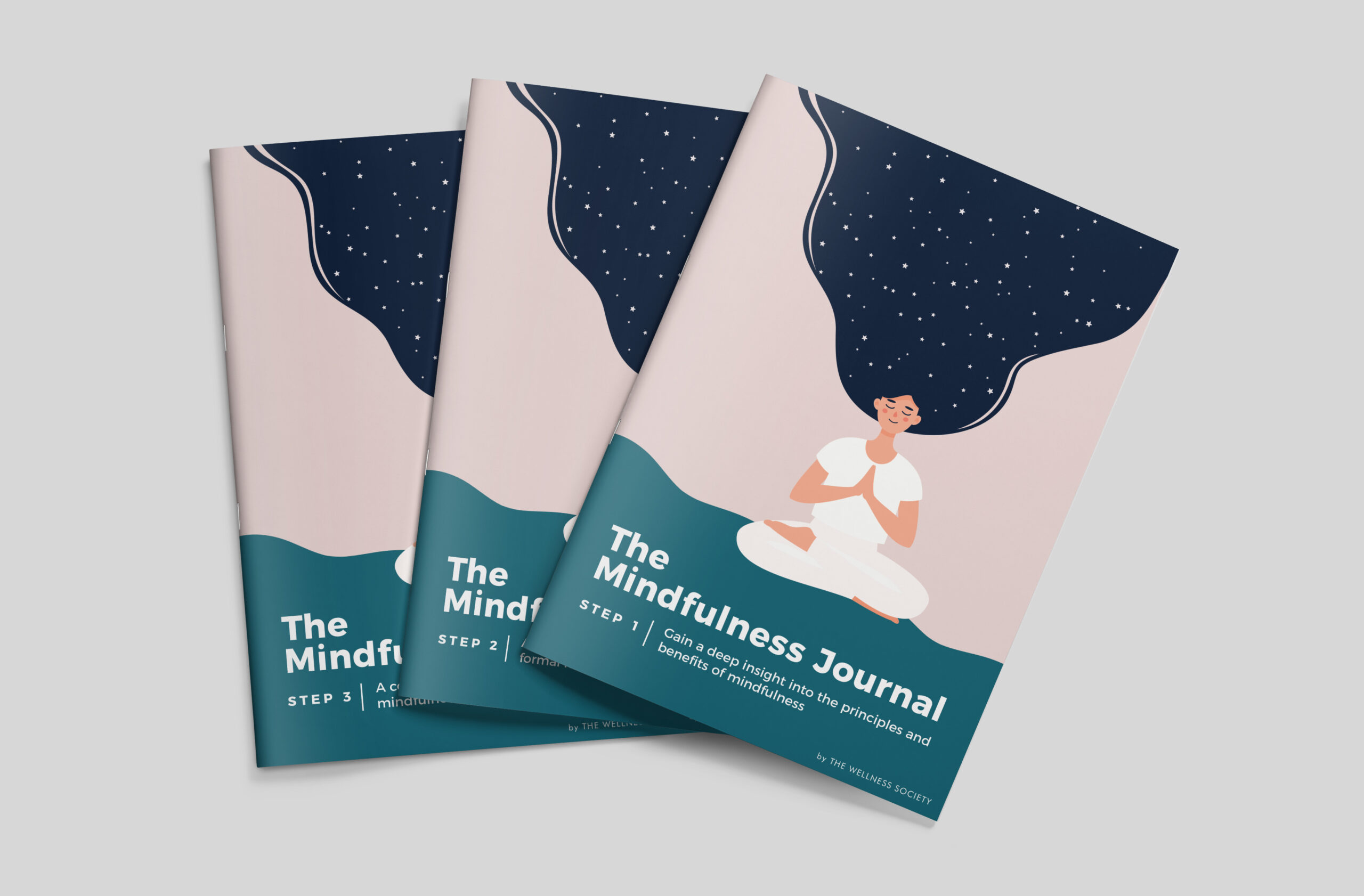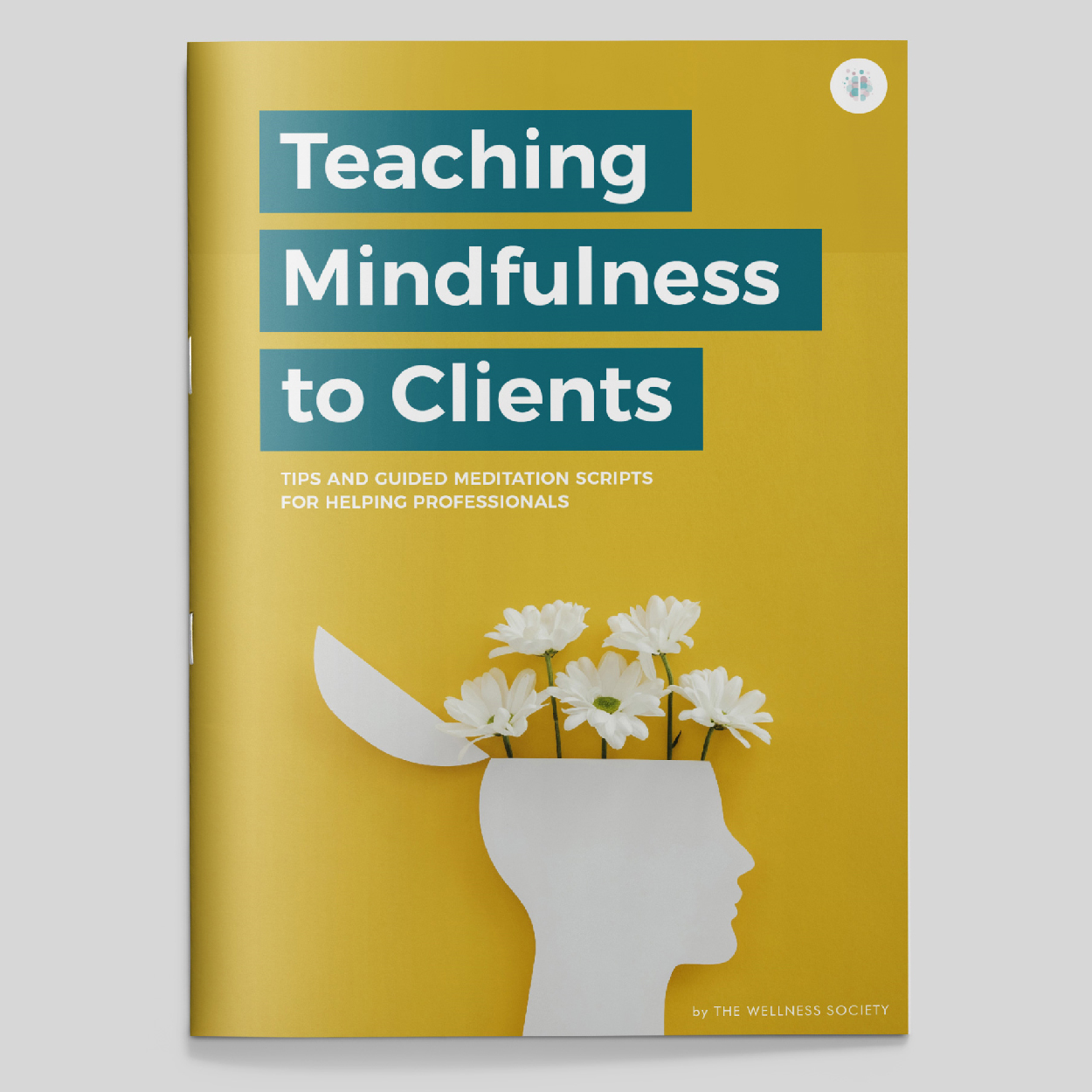Mindfulness has many benefits, and it can be easily incorporated into your daily life. Beyond the personal advantages, such as increased wellbeing, mindfulness can significantly improve our relationships in various ways.
In this article, we’ll discuss how you can incorporate mindfulness into your day-to-day routine and explain the practical ways it contributes to more fulfilling relationships.
What Is Mindfulness?
A common misconception about mindfulness is that it must be practised in a quiet space and requires silencing all thoughts to achieve a Zen-like state.
However, nothing could be further from the truth.
Mindfulness isn't achieved solely through meditation. It can be practised during any activity where you become fully present in the moment. This could be while washing dishes, going for a walk, driving, paying at the cashier, typing on your computer, writing in a journal, taking a shower or bath, and so on.
Essentially, any activity offers an opportunity to practice mindfulness by focusing entirely on what you're doing.
How Mindfulness Applies to Relationships
By increasing mindfulness in your life, you can enjoy a range of benefits – including better relationships.
Mindfulness can be thought of as being present, grounded, and aware. In relationships, nothing is more valuable than giving your undivided attention to the other person.
Offering your full presence when engaging with someone else is a deeply appreciated gift.
It allows you to fully experience the interaction and exchange of energies, words, and affections – something we all deeply crave.
We feel incredibly fulfilled when we’re with someone who truly understands us, puts judgement aside, and tunes in to what we need at the moment, whether that’s a listening ear, gentle advice, or a shoulder to cry on.
Mindfulness in relationships is about co-creating a shared experience, being present for both your needs and the needs of the other person simultaneously. This requires letting go of preconceived notions, judgements, and fears.
When you enter a state of mindfulness, your mental chatter slows down and becomes less intrusive, allowing you to focus more effectively on what's happening in front of you.
All types of relationships can benefit from this mindful presence. Whether with significant others, children, family members, friends, coworkers, or anyone else.
Mindfulness and Impulse Control
Another important way mindfulness can promote more harmonious relationships is by teaching us to respond thoughtfully rather than react impulsively.
When we're not mindful of our internal state, we can easily be triggered by what someone else says or does. This can lead to reactions that are not productive or helpful. For example, if you feel hurt by something someone says, your initial response might be to lash out or say something hurtful in return. This reaction may feel justified because you were hurt first, but it only perpetuates a cycle of negativity and doesn't address the root of the problem.
Mindfulness can be particularly helpful for people with anger issues, especially in the context of relationships. When anger flares up in a relationship, it often leads to impulsive reactions that can damage trust and emotional connection. For instance, an angry outburst might result in saying something hurtful to a partner or escalating a conflict unnecessarily.
Mindfulness teaches us to become more aware of our emotional triggers and the underlying feelings that fuel their anger, such as fear or frustration.
By recognising these emotions in the moment, people can choose to respond in a more thoughtful and measured way, rather than reacting impulsively.
Over time, practicing mindfulness can transform how individuals handle difficult emotions, leading to more harmonious and fulfilling relationships.
Mindfulness Encourages Healthy Communication
By increasing mindfulness, you can better understand what exactly caused your hurt feelings and choose a more constructive response.
This might involve having a calm conversation about your feelings and explaining what specifically triggered the negative emotion. You can then make a request for a change in behaviour to prevent feeling hurt in the future.
Communicating in this way – calmly and neutrally – helps the other person hear and understand you better.
This approach promotes harmony in relationships and deepens connections by encouraging openness, honesty, and effective conflict resolution.
Summary
Mindfulness for relationships enhances their quality by fostering deeper connections and increasing intimacy. Incorporating mindfulness into your daily life can be easy and enjoyable, involving simple practices that help you become more self-aware and grounded in the present moment.
Whenever you walk or exercise, focus on your body's movements and how they feel.
When you feel water on your skin, whether showering, washing your hands, or doing dishes, pay attention to the sensation.
When you sit in a chair, notice how your body feels against the seat.
The bottom line is that you can become more mindful in many ways throughout your day. By doing so, you can forge better connections with others and improve your quality of life. It's never too late to make mindfulness a regular part of your life, just like brushing your teeth or eating lunch. Improving your relationships through mindfulness can significantly enhance your overall wellbeing.
Want to Improve Your Mindfulness Skills?
The Mindfulness Journal helps beginners as well as seasoned practitioners enhance their mindfulness skills. Explore a wide variety of methods and discover what works best for you.




